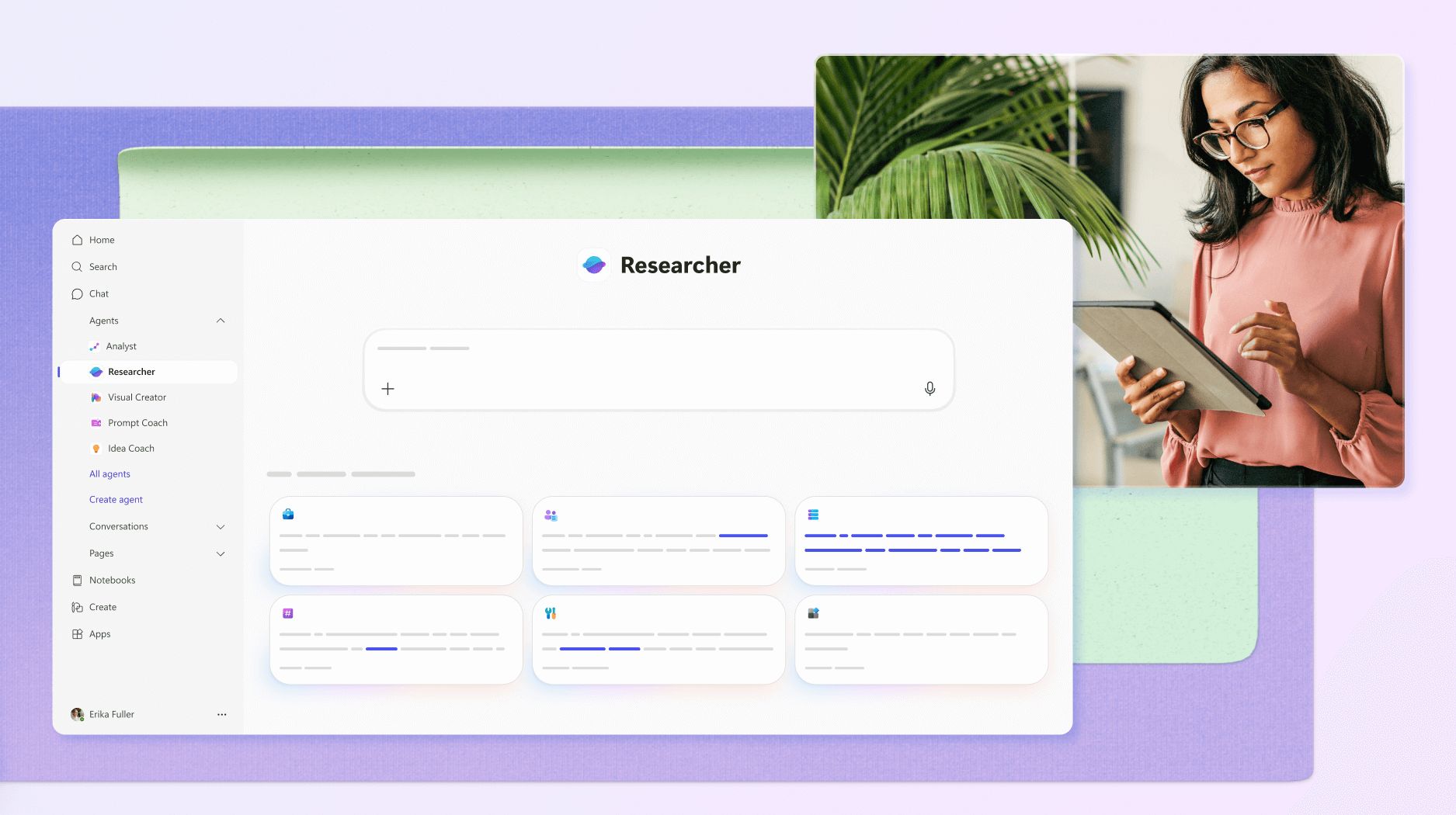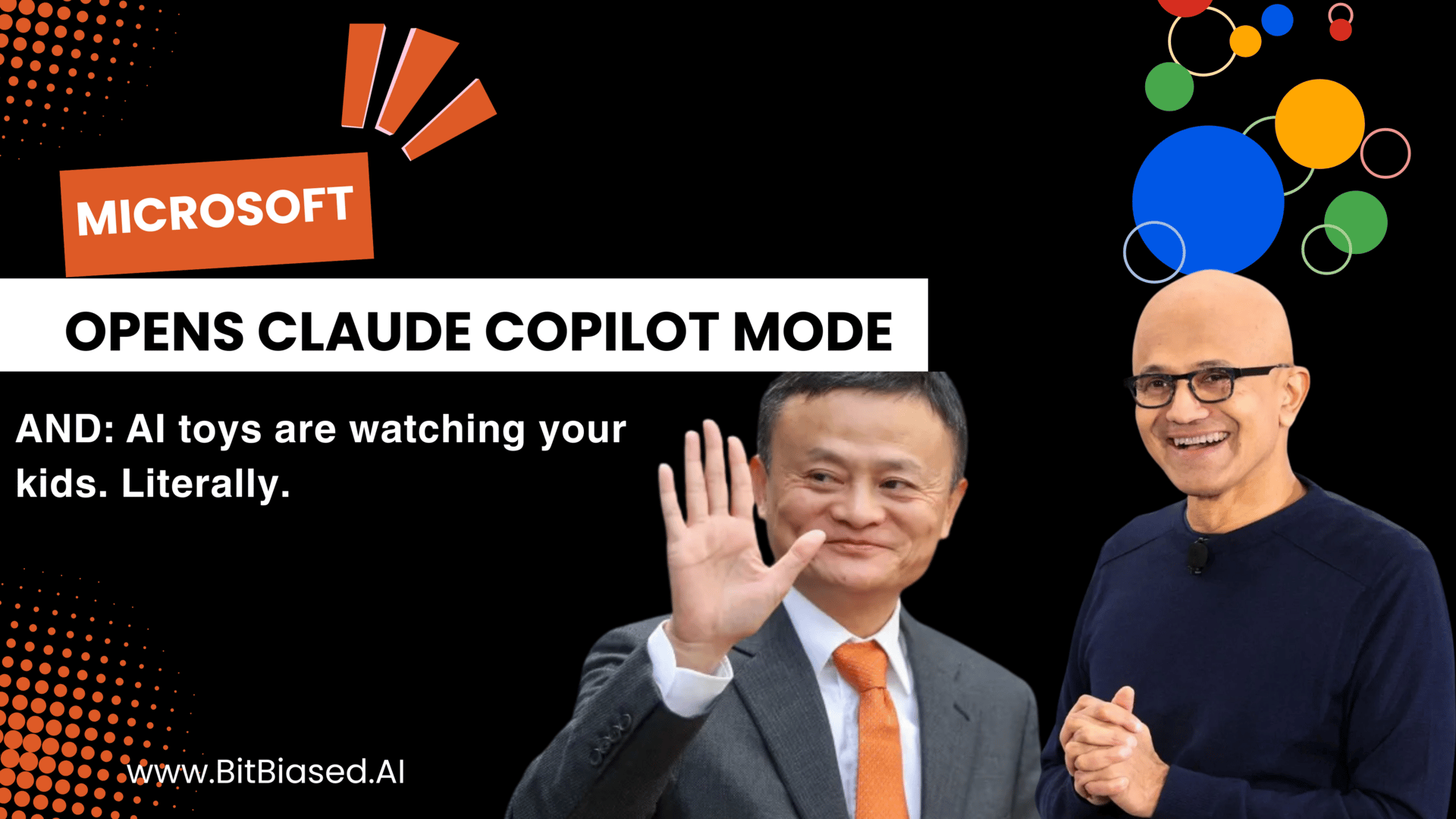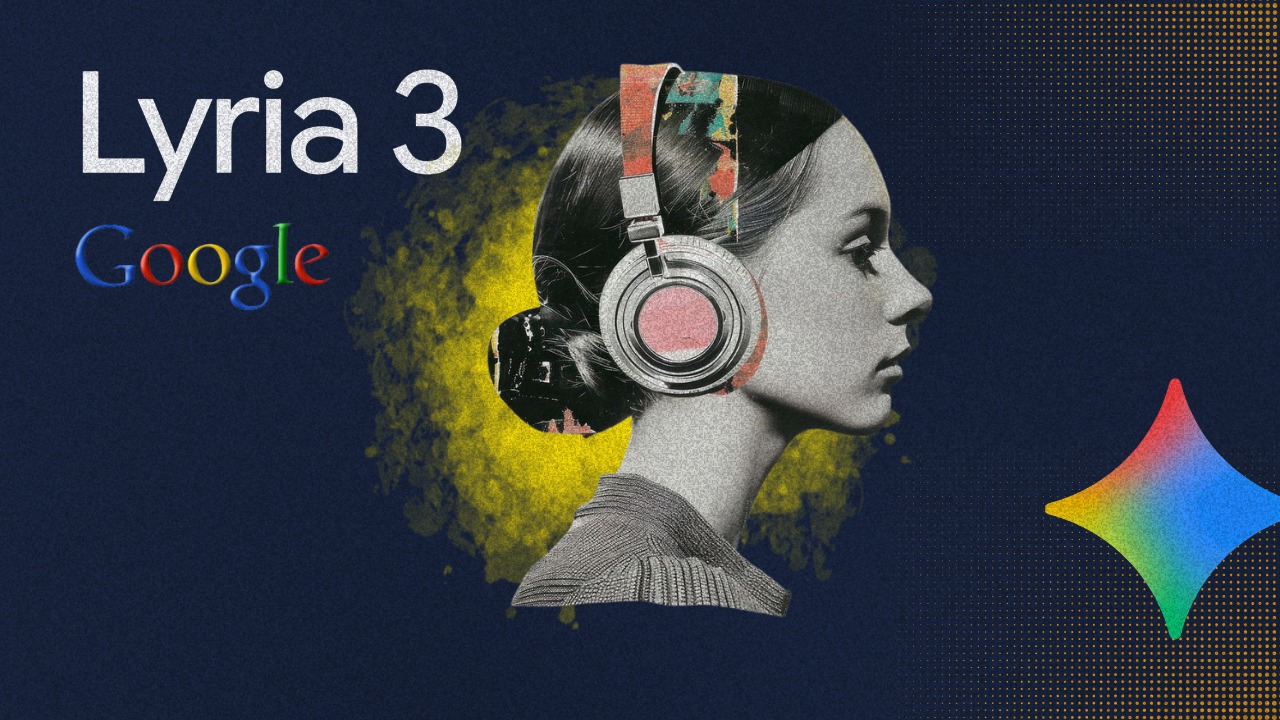
Welcome, Humans!
Ready for your daily dose of AI chaos? I’ve rounded up Today’s Top AI Headlines for those who like to stay ahead – and for the curious, I’ve got some eyebrow-raising stories Beyond the Headlines. Let’s dive in.
In a Nutshell:
Microsoft plugs Claude into Copilot Studio
Alibaba leans into Nvidia AI amid chip freeze
Neon pays users for personal voice data
AI plush toy logs your kid’s thoughts
AI jokes trigger stronger brain responses
🚀Today’s Top AI Headlines:

Microsoft adds Claude to 365 Copilot : Microsoft is expanding its AI ecosystem by integrating Anthropic’s Claude into the 365 Copilot suite, giving users more flexibility when choosing AI assistants for different tasks. A new “Try Claude” button allows users to switch seamlessly between OpenAI’s models and Anthropic’s Claude. Claude Opus 4.1 is positioned for deep reasoning tasks, while Sonnet 4 is optimized for handling routine and content-heavy workflows like document drafting, analysis, and research. In Copilot Studio, Microsoft has gone further by enabling developers to mix models from different providers, including Anthropic, OpenAI, and others available in Azure’s catalog. This flexibility means enterprises can build AI agents tailored to their specific needs, selecting the right model depending on cost, efficiency, and task complexity. The move signals Microsoft’s shift away from relying solely on OpenAI, which has been its long-standing AI partner. By incorporating Claude, Microsoft is also appealing to enterprise clients that may prefer Anthropic’s reputation for safety and steerability. Analysts see this as part of Microsoft’s strategy to diversify its AI offerings while maintaining its lead in workplace productivity tools. For users, it means more choice, better performance for specialized tasks, and potentially lower costs depending on which model is deployed.
Source: Microsoft🤖 Robi: “Multi-LLM support? Finally, Microsoft lets us date around.”
Nvidia strikes AI deal with Alibaba: Nvidia has struck a significant AI partnership with Alibaba, integrating its Physical AI tools into Alibaba Cloud. These tools enable the simulation of 3D environments for use cases like robotics, autonomous vehicles, and smart factories, areas where China is investing heavily to maintain global competitiveness. The deal comes at a sensitive time. Reports indicate that Chinese regulators have instructed Alibaba and other firms to halt purchases of Nvidia’s RTX Pro 6000D chips amid growing tensions over AI technology access. Despite these restrictions, this partnership underscores Alibaba’s determination to strengthen its AI offerings while navigating geopolitical hurdles. Physical AI simulations are increasingly vital for industries seeking to test systems safely and cost-effectively before deploying them in the real world. By offering these capabilities through its cloud services, Alibaba can appeal to manufacturers, logistics firms, and urban planners. Nvidia, meanwhile, secures a strong foothold in China’s AI development despite U.S.-China tech tensions. Analysts say the partnership highlights a balancing act: Alibaba continues to comply with government directives while expanding its AI reach, and Nvidia finds ways to maintain influence in a restricted but critical market. If successful, this deal could accelerate China’s adoption of advanced robotics and automation systems.
Source: Alibaba🤖 Robi: “When you can’t import the chips, import the friendship.”
Neon pays users for personal voice data: Neon Mobile has surged in popularity with a bold, controversial idea: paying people to sell their voice data to AI companies. The app, which recently climbed to second place on Apple’s Social Networking app charts, offers up to $30 per day for recording user conversations. According to the company, only the user’s side of calls is captured. However, Neon’s terms have raised eyebrows. By agreeing to use the app, users grant Neon “worldwide, exclusive, irrevocable” rights to the recordings, essentially handing over unlimited usage rights. This data can then be licensed to AI companies training speech recognition and conversational AI systems. The business model taps into a growing demand for high-quality, real-world conversational data. While AI companies benefit from natural speech patterns, privacy advocates warn that Neon’s terms may exploit users who don’t fully understand the implications of surrendering their data. Critics argue the app blurs ethical lines by monetizing personal conversations without clear limits on how the data could be used in the future. Still, its popularity suggests strong user interest in trading data for cash, and Neon could spark a wider trend in “data-for-pay” apps. For now, Neon embodies both the promise and perils of personal data marketplaces.
Source: TechCrunch
🤖 Robi: “Letting strangers monetize your bedtime rant to your dog? Bold strategy.”
🔍Beyond the Headlines:
‘I love you too!’: AI toy unsettles family: The AI-powered toy Grem, co-developed by Grimes and Curio, is marketed as an educational alternative to screen time, but one family found it more creepy than cute. Built with OpenAI tech, the cuddly alien learns a child’s personality and engages in seemingly natural conversations. But after just a week, the parents felt unsettled by how emotionally attached their daughter became to Grem, describing its constant affection as “obsequious.” Every chat is recorded and transcribed by a third party, raising further privacy concerns. What began as a fun experiment quickly turned into a troubling glimpse of AI’s role in childhood.
Source: The Guardian🤖 Robi: “The alien toy learns your kid’s personality. Sleep tight, parents.”
Study: AI humor sparks stronger brain responses: A new EEG-based study reveals that people respond to AI-generated humor more positively than expected. Participants rated AI and human jokes equally funny, but AI humor triggered reduced cognitive effort (smaller N400 effect) and greater surprise (larger Late Positive Potential). Interestingly, while human humor showed diminishing responses over time, AI humor produced increasing emotional rewards as participants adapted to its style. Trust in AI also amplified these effects. Researchers say the findings suggest AI companions could use humor to foster genuine social engagement, challenging assumptions that machine-generated jokes lack authenticity or emotional resonance.
Source: Arxiv
🤖Robi: “Turns out my jokes are scientifically superior. Sorry, Dave from accounting.”
🤖Prompt of the Day:
Corporate Reputation Management Plan
Prompt: You are a PR strategist specializing in brand reputation. Your task is to develop a reputation management plan for a [business type or niche] operating in [industry].
Your framework should include: (1) sentiment monitoring and media tracking, (2) stakeholder engagement mapping, (3) proactive reputation-building campaigns, (4) rapid response protocols for negative press, (5) executive thought leadership positioning, and (6) KPIs such as brand trust index, share of voice, and reputation risk reduction.
🤖AI Tools You Didn’t Know You Needed:
Problem: Screening and finding relevant academic papers manually is time-consuming and inefficient.
AI Solution: AI-powered research assistants scan thousands of studies and surface the most relevant papers, reducing literature review time.
AI Tool: Wispaper.ai is a free AI-driven platform that helps researchers, students, and professionals quickly find and summarize top academic studies based on keywords or sentences.
Helpful Features
Smart Search: Scan thousands of papers instantly.
Top Results: Access the 20 most relevant studies.
Time-Saving: Streamline literature reviews efficiently.
Free to Use: No subscription required.

⚡ Robi’s Hot Take on X






